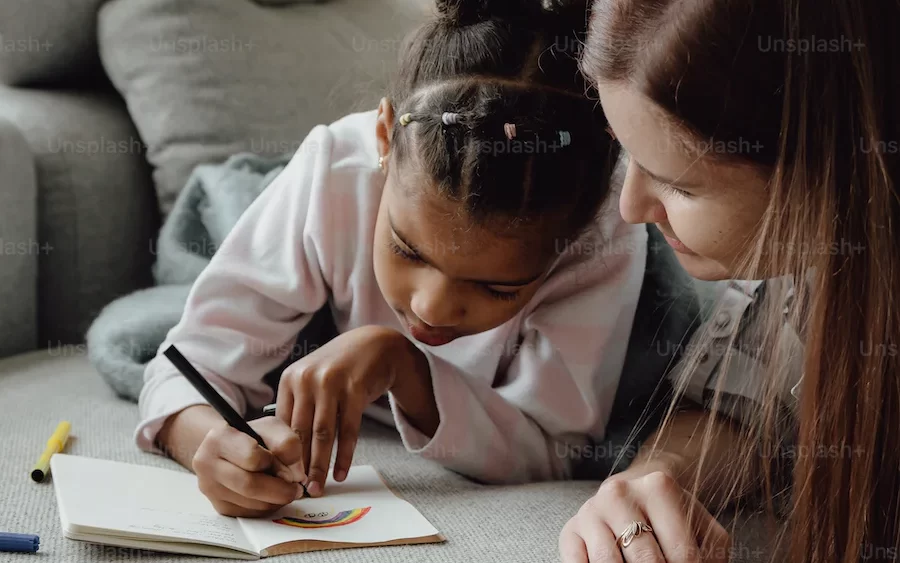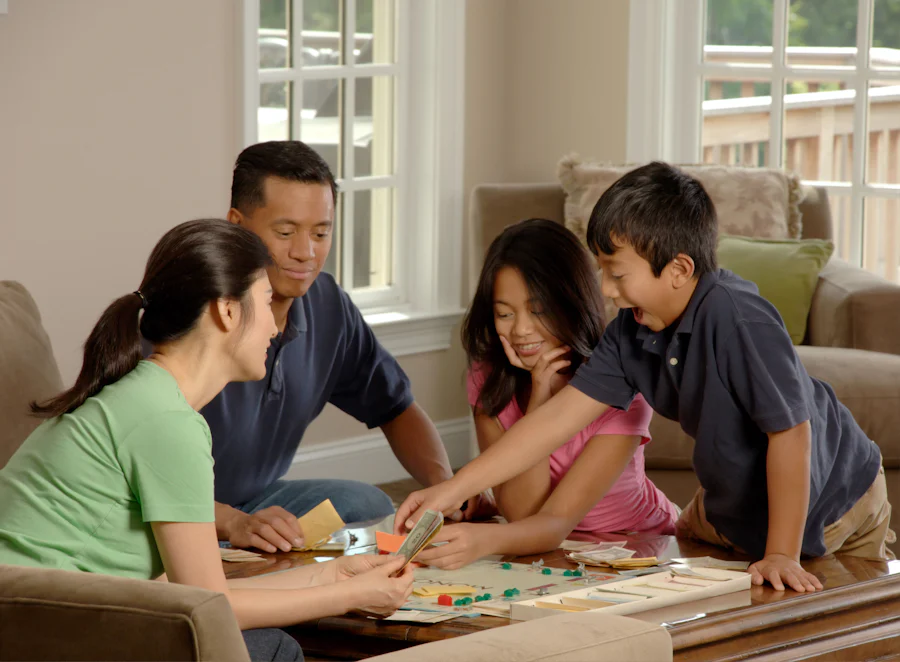As parents, we want our children to grow up to be responsible and accountable individuals. However, teaching accountability to kids can be challenging. It’s essential to cultivate a culture of accountability within the home and provide children with the tools they need to take responsibility for their actions. In this blog post, we’ll explore some parenting tips for fostering accountability in children.
Tip 1: Model Appropriate Behavior
Children learn by example, so it’s crucial to model appropriate behaviour. If you want your child to take responsibility for their actions, you must do the same. Show them how to admit mistakes and take corrective action. Example – When you accidentally break something, admit your mistake and apologize to your child. Show them that it’s okay to take responsibility for your actions.
Tip 2: Don’t Make Excuses for Them
When your child makes a mistake, don’t make excuses for them. Instead, use the situation as a teaching experience. Help them understand the consequences of their actions and how they can make things right. Example – If your child forgets to do their homework, don’t make excuses for them. Instead, help them understand the importance of completing their assignments and the consequences of not doing so.

Tip 3: Follow Through
If you warn your child that there will be consequences to their actions, make sure to follow through. This helps them understand that their actions have consequences and that they are responsible for their behavior. Example – If you tell your child that they will lose screen time if they misbehave, make sure to follow through. This helps them understand that their actions have consequences.
Tip 4: Teach Them to See Failure in a Positive Light
Teach your child that failure is a natural part of life and that it’s an opportunity to learn and grow. Help them understand that mistakes are not a reflection of their worth as a person but rather an opportunity to improve. Example – If your child fails a test, help them understand that it’s an opportunity to learn and grow. Encourage them to identify what they can do differently next time.
Tip 5: Cultivate a Culture of Accountability
Create a culture of accountability within the home by setting clear rules and expectations. Everyone in the family should be responsible for their actions and reactions, even in stressful situations. This helps children understand that accountability is an integral part of family life. Example – You establish a rule that your child must complete their homework before watching TV. This rule is clearly communicated and understood by your child. Your child doesn’t finish their homework but then turns on the TV. You remind them of the rule and ask them to turn off the TV. You explain to your child that following the rules is important and that they need to take responsibility for their actions.
Tip 6: Use Positive Reinforcement
Praise your child for good behaviour and positive actions. Positive reinforcement reinforces positive action and helps children understand the value of responsible choices. A reward system for doing chores, following rules, and getting good grades can be an effective way to encourage responsible behaviour. Example – if they clean their room without being asked, tell them how proud you are of them. This reinforces positive action and encourages responsible behavior.

Conclusion:
Teaching accountability to children is an ongoing process that requires patience and consistency. By modeling appropriate behavior, not making excuses for them, following through, teaching them to see failure in a positive light, cultivating a culture of accountability, and using positive reinforcement, parents can help their children become responsible and accountable individuals.
References:
- Tutor Doctor (2022). Tips on Teaching Children Accountability From an Early Age. Retrieved from https://www.tutordoctor.com/blog/2022/march/tips-on-teaching-children-accountability-from-an/
- Discovery Point (2021). Teaching Children to Take Responsibility for Their Actions. Retrieved from https://www.discoverypoint.com/blog/teaching-children-to-take-responsibility-for-their-actions/
- The Washington Post (2019). 8 ways to change a child’s ‘bad’ behavior. Retrieved from https://www.washingtonpost.com/lifestyle/on-parenting/8-ways-to-change-a-childs-bad-behavior/2019/06/24/9757ab68-8159-11e9-bce7-40b4105f7ca0_story.html
- Laurel Springs (2023). Foster Responsibility and Accountability in Laurel Springs. Retrieved from https://laurelsprings.com/blogs/learning-responsibility-accountability-for-k-12-students
- Acorn Fostering (2023). How to deal with Behavioural Issues in Foster Children. Retrieved from https://acornfostering.com/blog/how-to-deal-with-behavioural-issues-in-foster-children/



